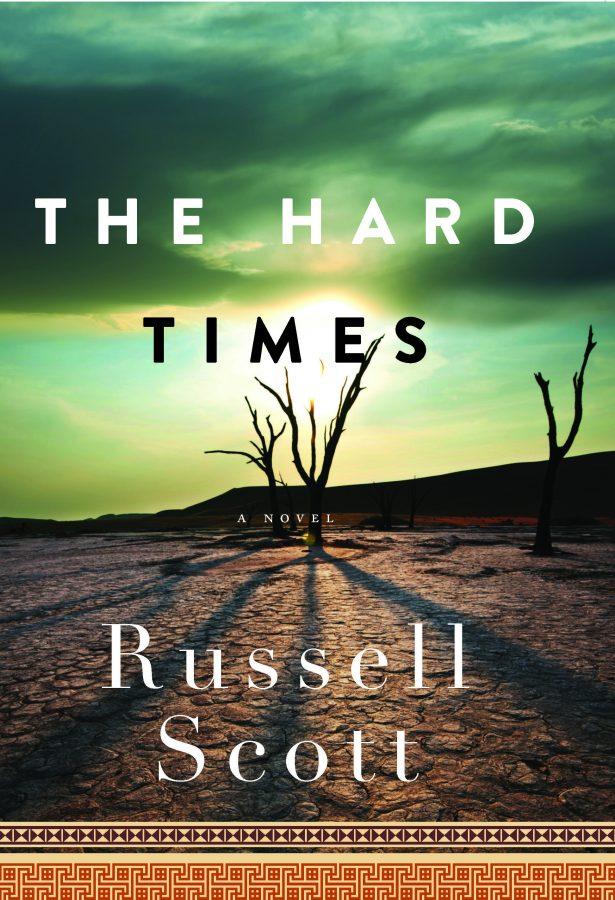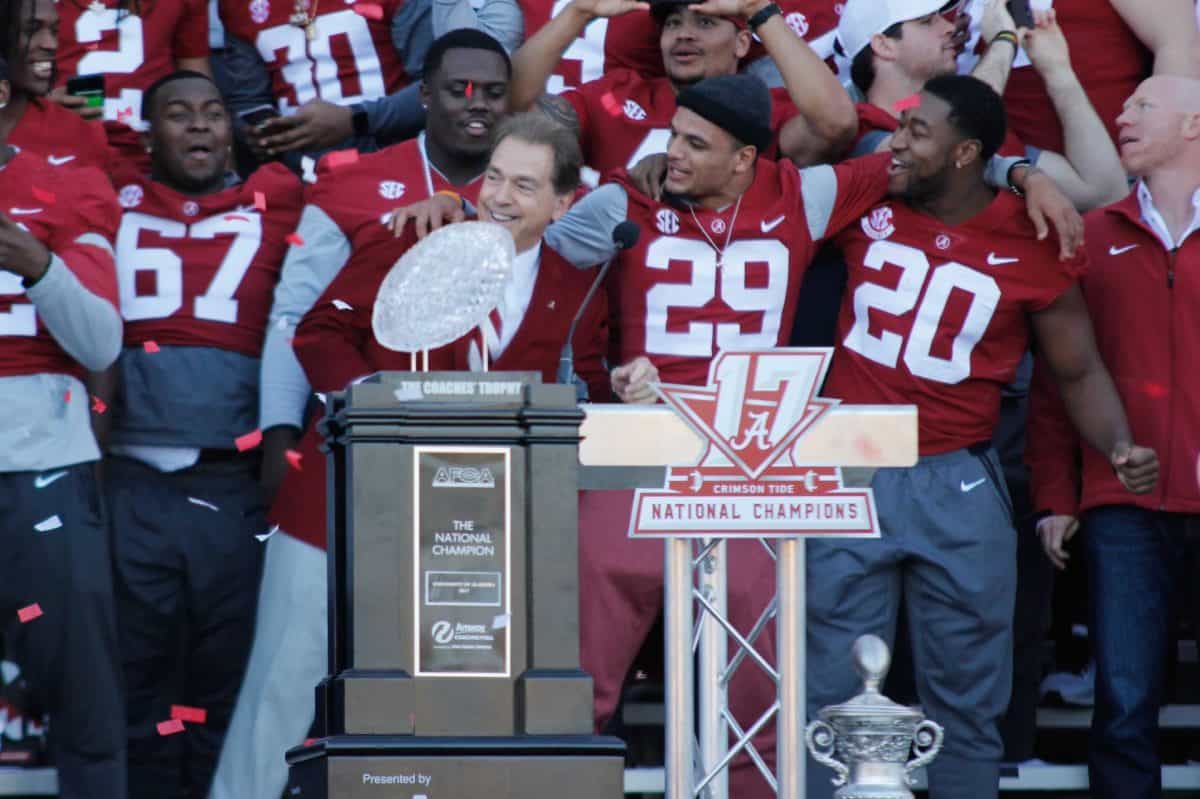“What else you going to do?” Anderon said. “You’re just sitting there. I wish it was more romantic than that, but it isn’t.That’s not going to make any noise. The deer don’t care.”
When he’s not busy in the hospital, Anderson, an alumnus of The University of Alabama, spends his time writing or managing the China Grove literary journal. His second novel, “The Hard Times,” written under the pen name Russell Scott, will be released Sept. 1.
An action adventure novel, “The Hard Times” follows Ray Moffett, a doctor from Mississippi, who goes game hunting in the hostile African desert Namib and is caught up in a diamond-smuggling ring. His guide, Fritz Dietrich, needs Ray’s papers to smuggle out the illegal diamonds and tries to kill the doctor, putting the two men in a cat and mouse game for survival.
“First, [Ray’s] really self-centered and doesn’t care about anything and doesn’t understand what it means to be a man.,” Anderson said. “He’s the quintessential character out of Hemingway—the boy-man that never found a heart or what it means to be a man.”
For the novel, Anderson drew from his own experiences hunting in Africa, his past as a former Navy diver and declassified CIA files. He said diamond smuggling in Zimbabwe is a real issue that the United Nations tried to address but didn’t really do much. Anderson tried to draw from a real place emotionally by imagining himself in the situations and roles his characters are thrust into.
“Each character goes through an arch of discovery, and each discovery is based on finding their heart,” Anderson said. “Everybody in it is me. What would I do if I was put in that situation? You twist your personality a little bit. I hate caricatures. I hate characters that are what you expect them to be because that’s not realistic. People have real emotions whether they’re a good guy or bad guy.”
While Fritz embodies the traditional role of the antagonistic villain, Anderson said he sees the character as the third hero. Fritz is dying of lung cancer, and over the course of the novel, readers learn about his love for his wife and son. Fritz’s main goal and responsibility is to provide and protect his family, and to accomplish that, he’s willing to kill. While many people might not agree with that morally, Anderson said Fritz’s motivation comes from a very real place of a father loving and wanting to provide for his child.
Anderson describes his novel as a blend of action-adventure and a literary component. As an author, he said he wanted to give his audience more than just action and entertainment and provide them with a message they can learn from. In a press release, Winston Groom, author of “Forrest Gump,” said the novel explores the way men love from intimate perspectives rarely seen, and Deborah Johnson, author of “The Secret of Magic,” described it as a penetrating glimpse into a man’s soul.
“I do love Scott. He is hugely generous, both in his own writing and with his China Grove magazine,” Johnson said. “What an asset he is to all of us.”
For “The Hard Times,” Anderson drew from his 14-year career as a Navy diving medical officer. During his time in the military, Anderson traveled across the world from working with the Green Berets in Central America to doing the Statue of Liberty rededication in New York. At one point, he said he learned the Soviet Union and Nicaraguan government had a contract out on him.
“I couldn’t have written half of the stuff that I did, as a young person,” he said. “Sometimes you have to write where you are right now. Too many people that want to be writers are trying to reach out there and use their imagination for everything. You’re much better off writing about what you know even if it’s not a lot.”
Rewriting is a large part of writing people don’t consider, Anderson said. By the time he was done with his fifth rewrite, he never wanted to see his book again, but then, three months later, he liked it again. While he can be critical of his own work (he once snuck into his friend’s house to touch up a painting he sold him), Anderson said he is learning to respect the writer he was at the time he wrote a piece.
When he’s not writing or working at the hospital, Anderson is editor for the China Grove literary journal. He encourages students at The University of Alabama to continue writing and following their dreams and would like to see students submit work to the journal.
“We try to reflect what we think is the best of what’s happening in literature right now,” he said. “We want to encourage young writers. Our goal is take the person where you are right now, the person who’s inspiring to the community of literature, and put you in a journal with someone like Flannery O’Connor.”







